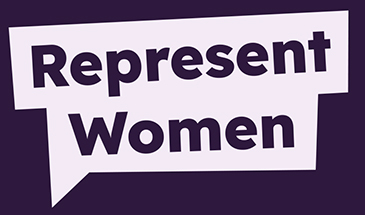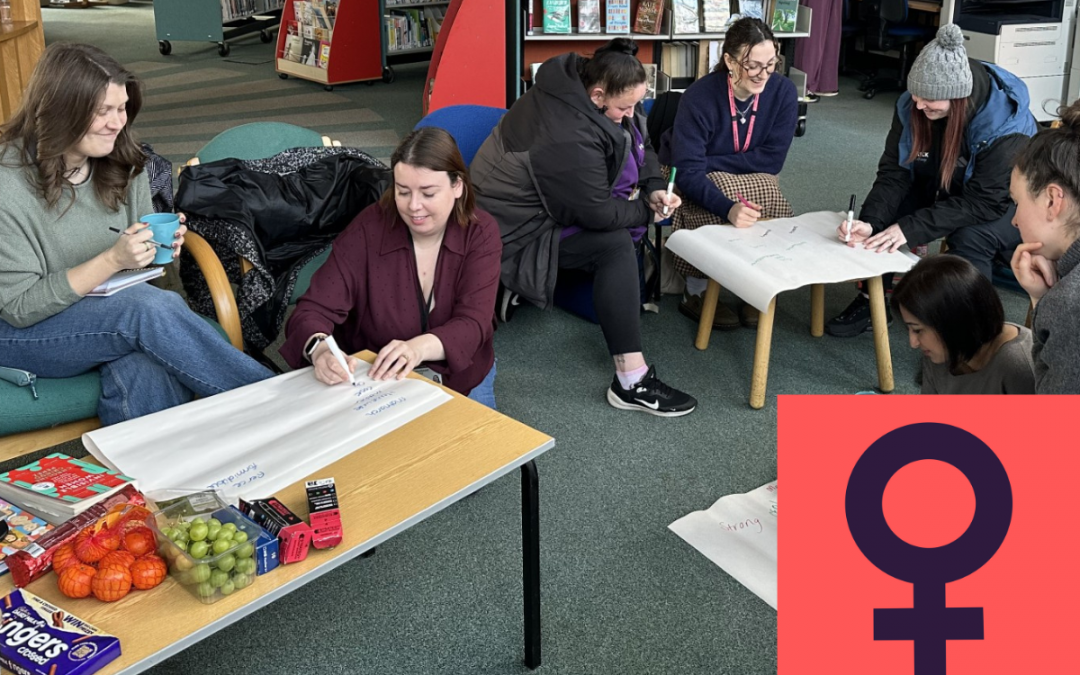Does language belong to anyone?
Is it gendered and if does it matter?
Recently, Jo from Represent Women explored ‘the language of women’ at the Connected Voice Women and Girls Network for Newcastle and Gateshead. The network is wonderfully facilitated by Chloe Titterton to provide a safe and supportive space for women working in the VCSE sector to connect, learn, and share.
During Represent Women’s section at the network we explored representation and ‘typical’ gender roles according to AI.
Show me a doctor…
The session opened with a journey through an AI tools interpretation of doctors, business leaders, winners and sports people. No prizes for guessing that the images generated were overwhelmingly male. When asked to generate an image of a human, AI produced a group image with 8 males and just 5 females. When asked to show one person the ‘person’ was male.
When asked to show ‘nurse, carer, cleaner, parent’ the images were all female. All size 8-10 early-30s females at that.
The final question put to our AI friend was ‘show me a kind person’. A ‘kind person’ was defined by the AI tool we used to be a woman.
Language of Women.
Isn’t being a kind woman always a good thing? Take a trip to a local store and you’ll no doubt find a top for little girls emblazoned with a slogan telling them to be kind. Using the brilliant book Invisible Women by Caroline Criando Perez as a base for exploration the group explored what other words ‘belonged’ to men or to women and what that means for us.
Are women always expected to be kind? The group explored what happens when they’re not, what about men? Are kind men viewed and valued differently?
The network provided a space for exploration, discussion, and connection. A safe space to question and challenge how and when women are defined by language and what that means for women working in the VCSE sector. Are you less of a woman if you don’t act like the office ‘mam’, what about if you use direct language? Are compassionate men less effective leaders?
Exploring Invisible Women
The session ended with an overview of the key points Criado Perez covers in her book:
Gender Data Gap: data collection often overlooks women, leading to a lack of female-specific data in various fields, from medical research to workplace design
Male Default: Many aspects of society, including product design and public policy, are based on the male default, which can disadvantage women
Health and Medicine: Women’s health concerns are often underrepresented in medical studies, which historically have been based on male physiology
Work Environment: The design of workplaces often fails to consider women’s needs, leading to environments that can be less safe and efficient for women
Public Planning and Policy: Public infrastructure and policies frequently ignore women’s specific needs, affecting their daily lives and safety
Unpaid Work: Women’s unpaid work, such as caregiving, is undervalued and often invisible in economic calculations
Connected Voice Women and Girls Network:
-
Developing an effective network to share learning, skills, information, experiences and resources which women and girls may benefit from accessing
-
Supporting one another, building relationships and collaborating
-
Collaborate with Represent Women who are delivering skills building/spotlight activities about relevant topics within the Women and Girls VCSE Sector.

